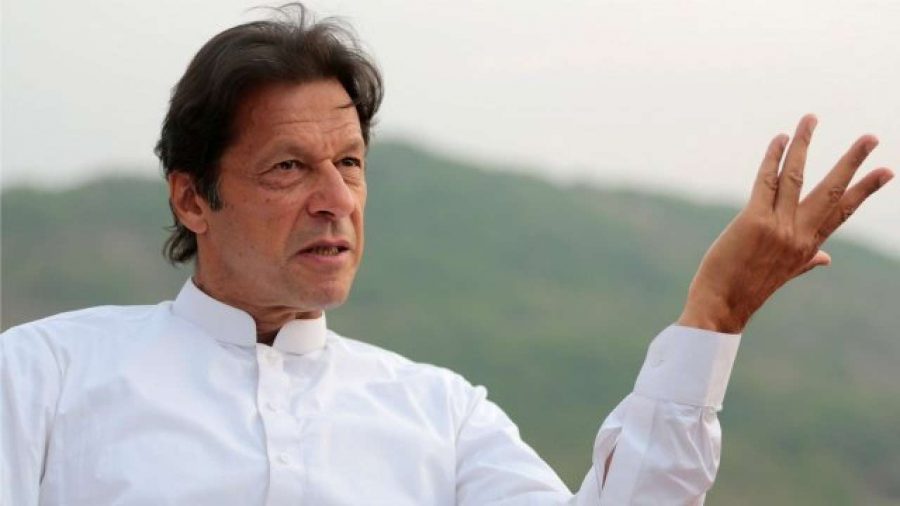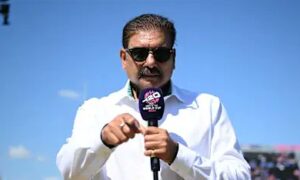
File Picture : DNA
Twenty six years and four months ago on 25 March 1992, when he held the Benson & Hedges cricket World cup in Melbourne, Australia, Imran Khan the captain of the Pakistan team hugged all attention. It was indeed the defining moment of Pakistan cricket. That evening, the entire cricketing world talked less about individual brilliance (of any player of the Pakistan team), as everyone was in awe of the leadership skills of the Oxford educated Pathan from Lahore.
On the same date, in July 2018, as Pakistan went to polls, Imran was again the cynosure for all. As he is all set to be the next Prime minister of Pakistan, his personal charisma and leadership skills will be put to test, once again. During his playing days, Imran the captain was all powerful, the ultimate boss. Ironically, here, he is just a player while the real power lies in the army. The stage is set for a classic battle between Imran (the cricketer) versus Imran (the statesman).
As a cricketer, Imran was sheer class. Running in from a longish run up, he bowled with fire and could swing the ball a mile, either way. One of the most feared fast bowlers of his era, the stylish Pakistani unnerved the batsmen even on placid wickets. In 1982, he destroyed the batting line up of the touring India team (led by Imran’s best friend Sunil Gavaskar), match after match. Pakistan won the series 3-0 and Imran scalped 40 wickets. Only Mohinder Amarnath-whom Imran rates as the best player against fast bowling- withstood the Imran fire with three centuries in his comeback series.
Till the 1987 World cup- after which he retired from international cricket for the first time- Imran, the bowler was at his peak. However, after he came out of retirement, on the request of then Pakistan President Gen Zia-ul-Haq Imran toured with his side to West Indies in 1988. In that 3 test series, he created panic among Viv Richards’ boys and captured 23 wickets and was adjudged Man of the Series.
Imran, was a batsman with sound techniques, he could play long, defensively and anchor the innings or destroy the opposition attack with powerful hits with consummate ease. Generally, he played according to the situation and need of the team-in the 1992 World cup final he had promoted himself to number three position and was the top scorer (72). Incidentally, he has the second highest all-time batting average of 61.86 for a Test batsman playing at position 6 of the batting order.
However, when it comes to captaincy, Imran was, cut above the rest. Leading a team of talented, yet highly undisciplined players, was never easy. It required a tough approach, and Imran was like a dictator. Marshalling his troops like a general on the ground, he ensured that each and every player gave his cent percent. Name and past records mattered little to him, as his only mantra was “perform or perish’. His own brilliance with the ball and bat helped him lead by example. Imran never believed in half measures, that’s why he holds an enviable captaincy record.
During his years as the captain, he was the de facto boss of Pakistan cricket. He had the uncanny knack of finding raw talents- Wasim Akram, Inzamam- ul-Haq, Waqar Younis to name a few. As soon as he spotted them, he got them into the side and groomed under him. Imran’s contribution to Pakistan cricket is matchless.
As the PM, how he tackles the pressing issues facing his country: economic bankruptcy, rising unemployment, religious fundamentalism (terrorism) and corruption, only time will tell. But the truth is that, meeting aspirations of 200 million Pakistanis is far different and difficult than leading eleven men in a stadium.


















